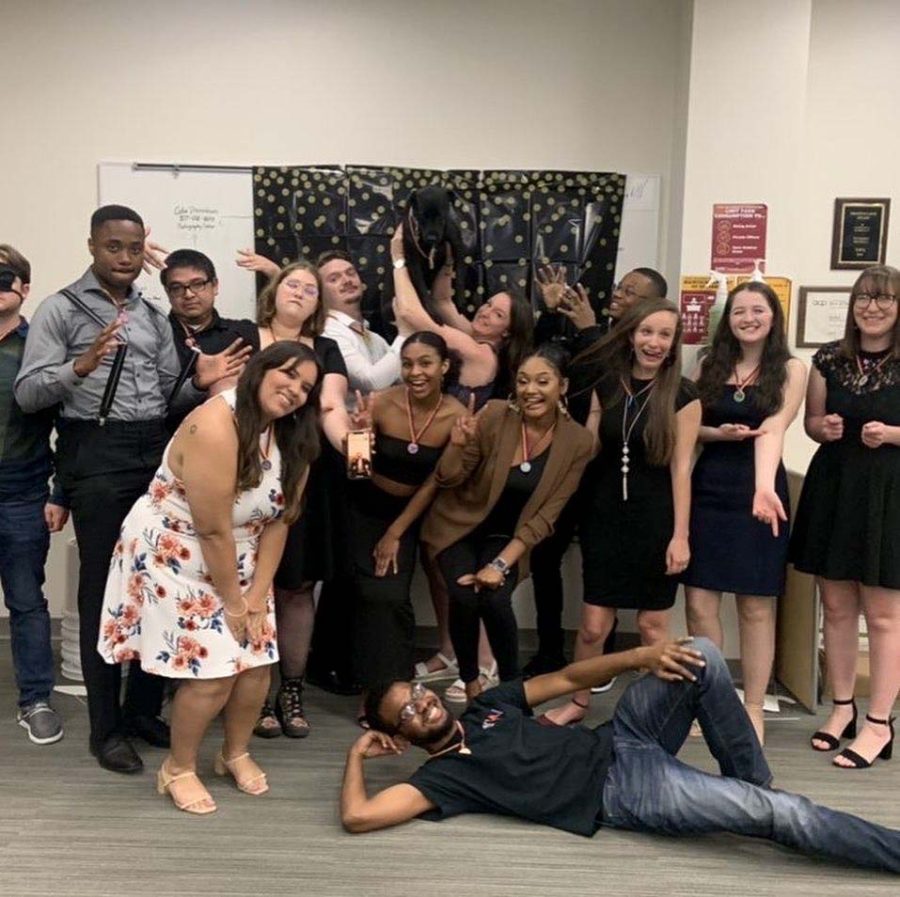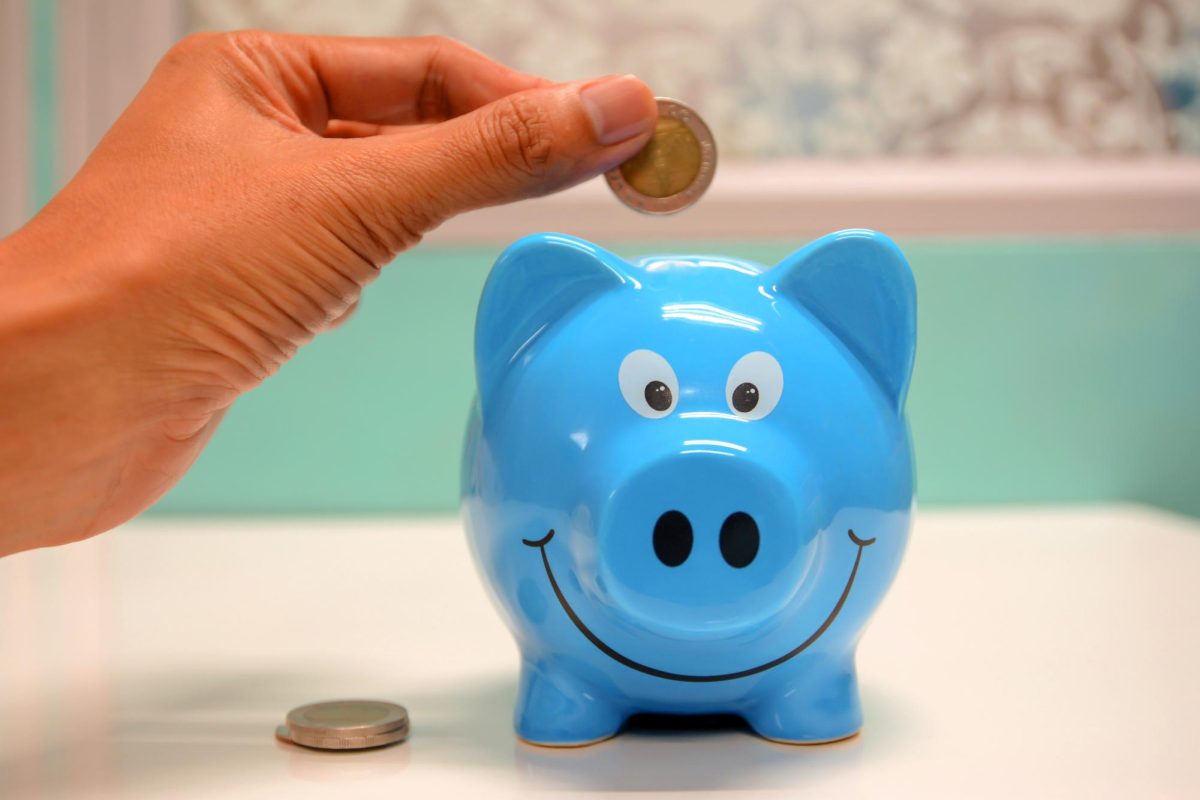
College is typically a time for 20-somethings to explore their identity and venture out of their comfort zone and try new things. I took this time as a chance to explore some new ideologies.
Prior to coming to Midwestern I hadn’t really thought much of feminism, only what society wanted me to know—the typical stereotypes of this hairy, manly-looking woman who hated men and for reasons she probably didn’t even know. Although there are surely those women branding themselves as feminists, I discovered that the negative stereotype of feminists I once believed was false.
I really gained a passion for feminism after I took the Feminist Theory class with Linda Veazey, assistant professor of political science, a few semesters back. After that class I never understood how people could downplay such a significant movement. From what I saw, feminism was about equality. It was about accepting people of all genders and identities and giving them the freedom to be who they are.
Perhaps my favorite definition was that of Chimamanda Ngozi Adichie, who says in her TED talk, “Feminist: a person who believes in the social, political and economic equality of the sexes.”
Who wouldn’t want that?
Looking at some of the things said in popular culture, it’s easy to see how feminism gets a bad connotation. Back when Lady Gaga was popping out of eggs and wearing meat dresses she said, “I’m not a feminist. I hail men, I love men.”
Lady Gaga’s nuttiness aside, this is perhaps the number one misconception around. For some reason people think feminists don’t want men in their life, but this is not the case.
I know I can stand on my own two feet and make my own successes, and then find someone to share them with, if I so choose. On a non-relationship level, I have no problem working with male counterparts.
Any feminist that claims to “hate” men is not a feminist and is the exact opposite of what the term stands for. Even country starlet Carrie Underwood once said, “I wouldn’t go so far as to say I am a feminist. That can come off as a negative connotation. But I am a strong female.”
Where exactly is this negative connotation coming from?
I once read somewhere that being a feminist is like being a T-shirt. There isn’t a one-size-fits-all T-shirt that works for everybody. Shirts come in a variety of shapes, sizes and colors. That’s much like being a feminist. You can be a “girly” feminist who waxes, paints her nails and can shop a sale at Macy’s like none other, or you can be the feminist who likes to get down and dirty and knows sports stats like the days of the week.
There are a plethora of other types of feminists, too. You can be a conservative or liberal feminist—both exist, and that is perfectly fine. A lot of times people assume feminists get out of bed every day just to eat unborn fetuses for breakfast before picketing the governor’s mansion. Not the case. Even if you are a feminist who supports something like a woman’s right to make her own medical decisions, it’s not like you’re out encouraging people to get an abortion just for the sake of it. Even then there are feminists who don’t believe in that, which is perfectly fine.
There is no “wrong” way to be a feminist. Unless you’re just rude and think the world should be handed to you just because you’re a woman. No. I’m a woman, yes, but I have no problem working for everything I want and have. I will say I find it odd that guys are turned off if I want to pay for a date from time to time. I just have a difficult time letting someone pay my way all of the time.
At the end of the day, more young people need to do research and become activists in some fashion or another. And before we speak ill of something or someone we need to do our research. Ignorance is not bliss.













